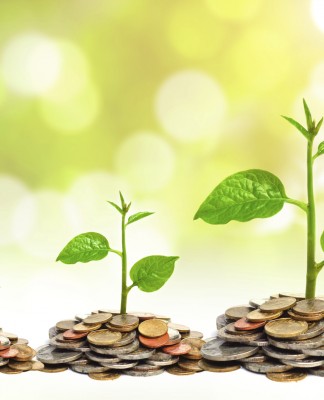During this time of crisis, most people can see the importance of having a safety net saved up. Hopefully, you haven’t been hit with unemployment, but you may be among the growing number of people finding themselves faced with furlough or pay cuts. If you are still financially secure, this is a perfect time to put money aside for emergencies.
“With companies cutting costs and COVID-19 throwing things into disarray, a secure income source like a job may not be so secure,” said Richard Cayne of Meyer International. “You should always have emergency savings stowed away that you can easily access to help hold you over.”
Put at least six months’ in expenses away
Richard, and most other financial experts, tell clients to maintain an emergency fund as part of their investment strategy. You never know when a crisis will hit, like COVID-19, that may severely impact your income. Everyone is vulnerable at some time in their life, even if there isn’t a global pandemic. Losing a job, becoming incapacitated, suffering a natural disaster – these cannot always be predicted. But you can be prepared.
Make a list of your necessary expenses. Rent/mortgage, utilities, healthcare, food, transport, insurance, and bank or credit card debt are usually the major expenses that you can’t avoid paying. And for things like food and transport, we’re talking about essentials. Do not include dinners out or vacations. They may seem essential, but they are not.
Accruing emergency savings is not that difficult, even in hard times
Once you determine what you need to fundamentally survive, you now have a goal to save and maintain. And unless you are truly completely destitute, you might be surprised at how much you can save. Obviously putting away a large sum right away might work, but there are other considerations as well. Sometimes it may be better to budget squirreling away a small sum each month and use the rest of your disposable income on longer-term savings and investments.
Talk to your trusted financial expert to come up with a strategy. Richard Cayne recommends setting short-, medium-, and long-term savings goals, which include the emergency savings in short-term accounts. Having six months to a year in living expenses easily available helps with peace of mind so you can face any tumultuous event calmly. And it may prevent you from acting rashly if a major event like COVID -19 occurs.
“I would hear people say they didn’t think they needed emergency savings because that was only for retirees or gig workers,” Richard summed up. “This global pandemic is showing just how much everyone is at risk and needs this rainy day fund.”















